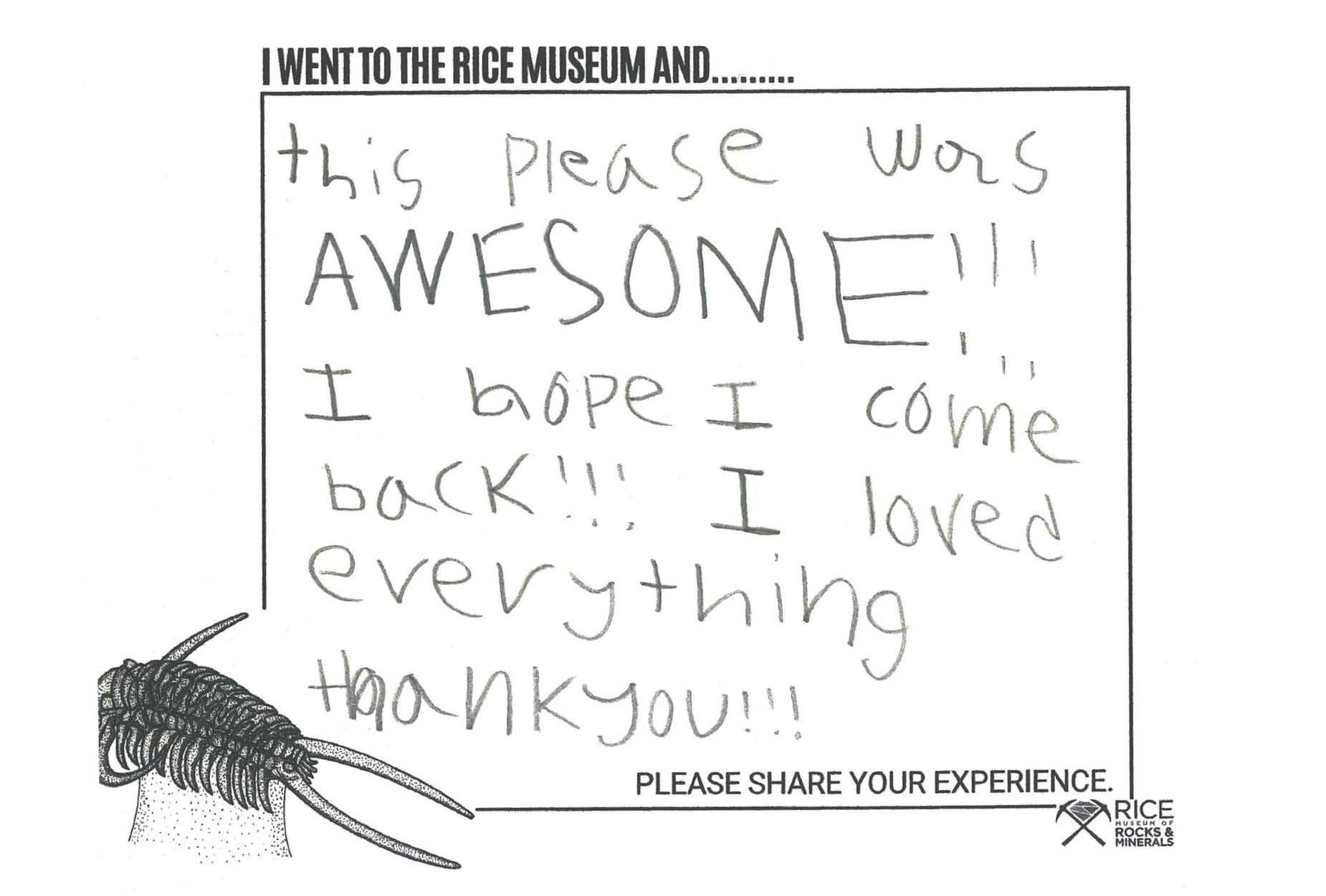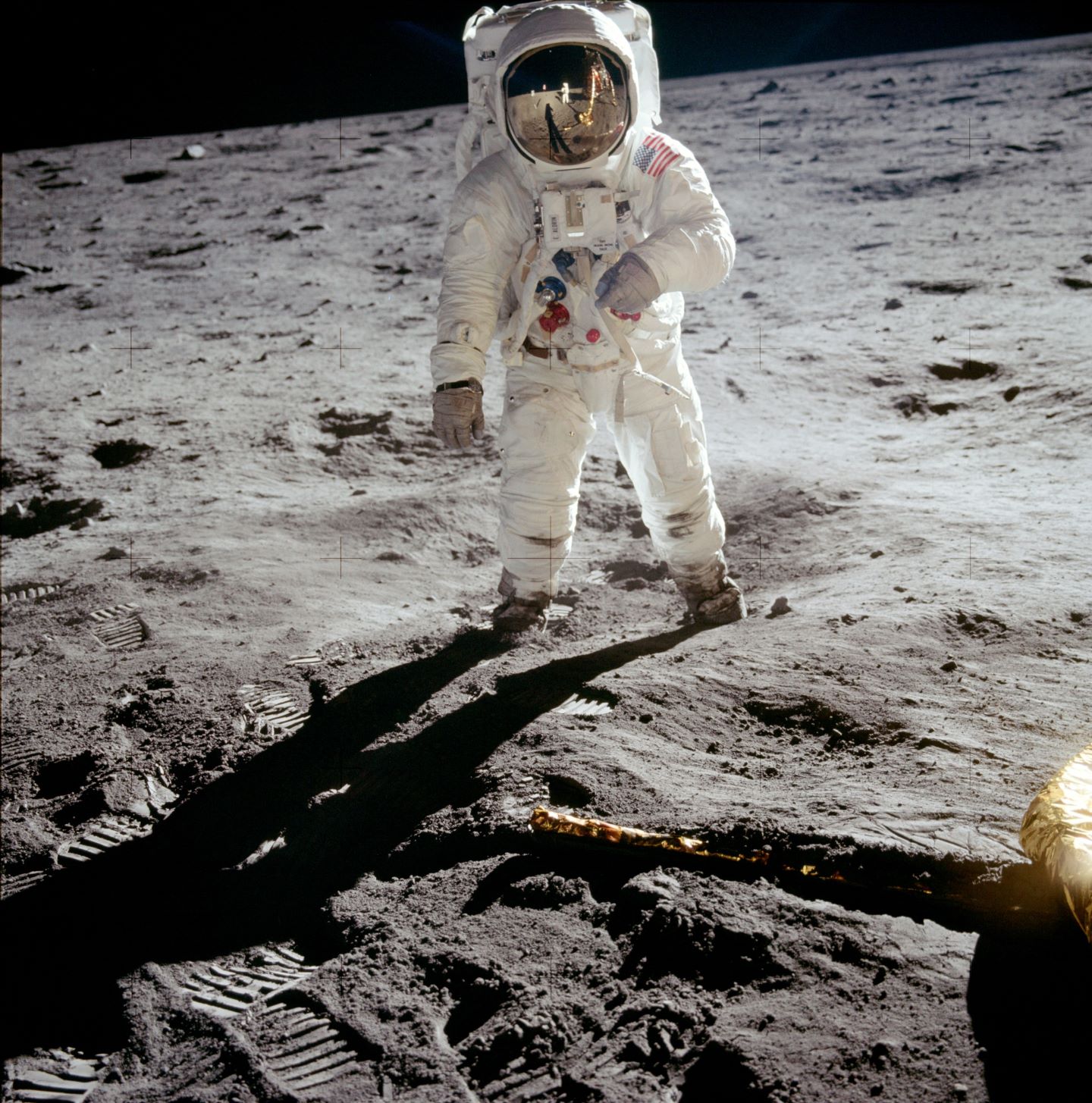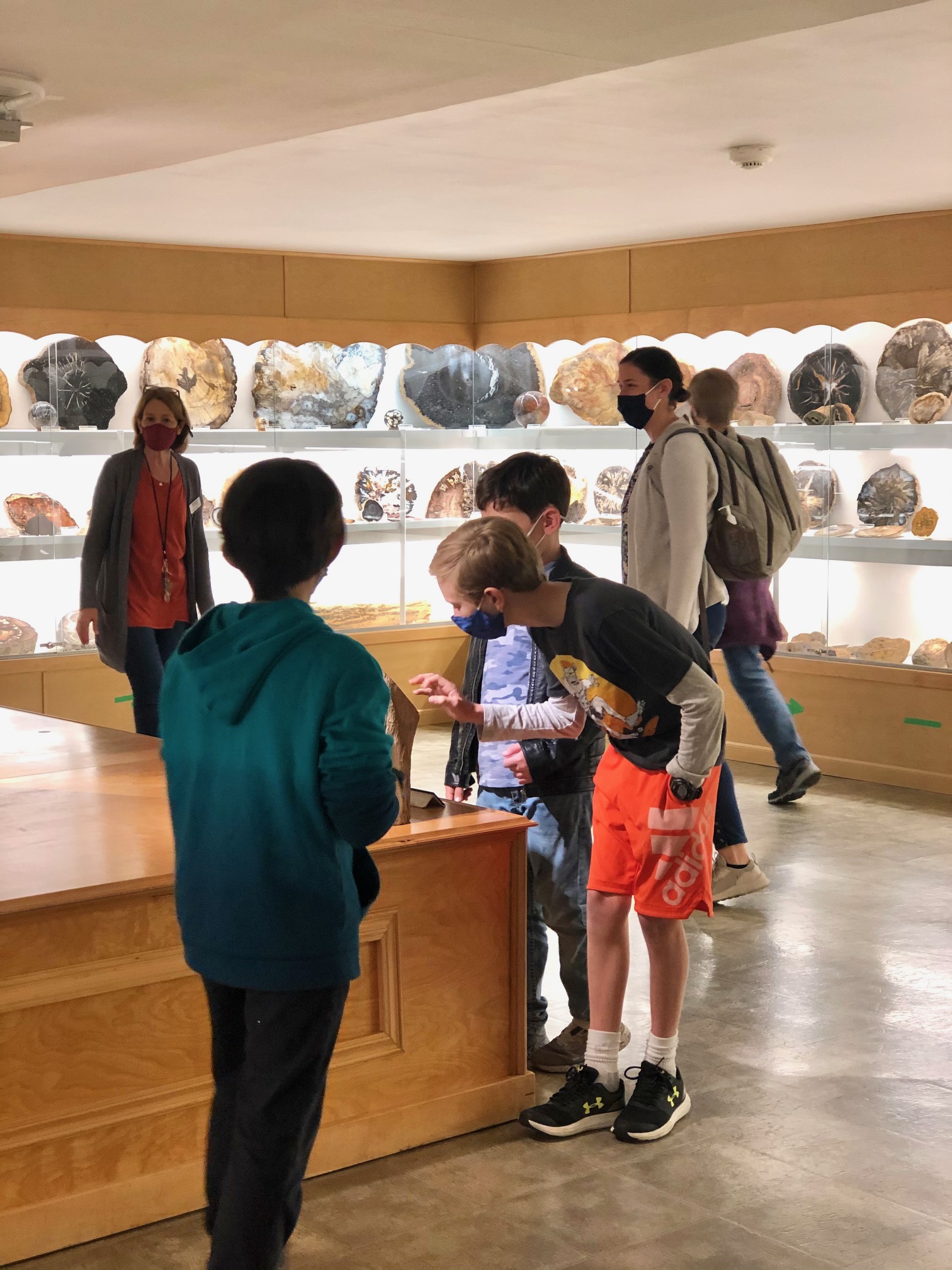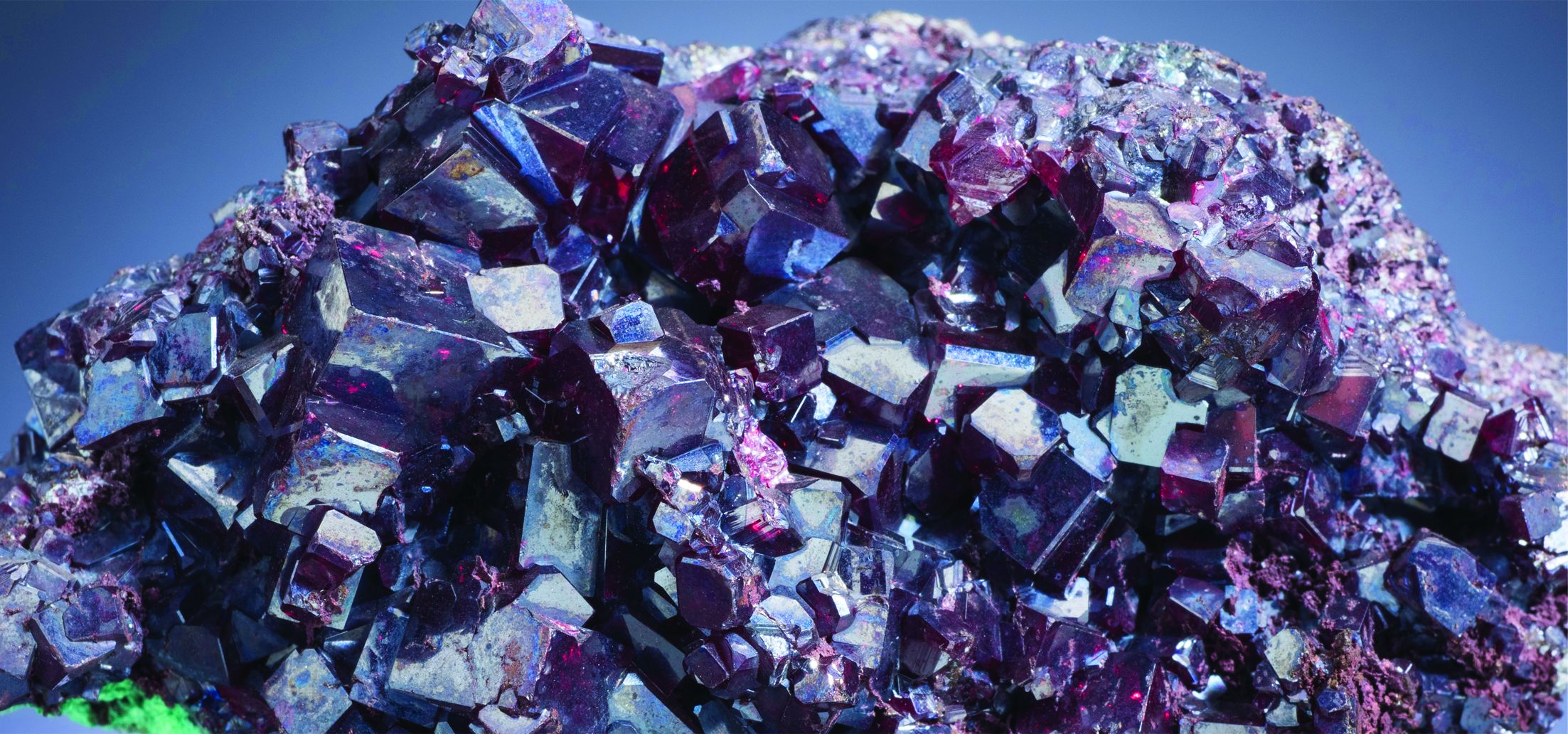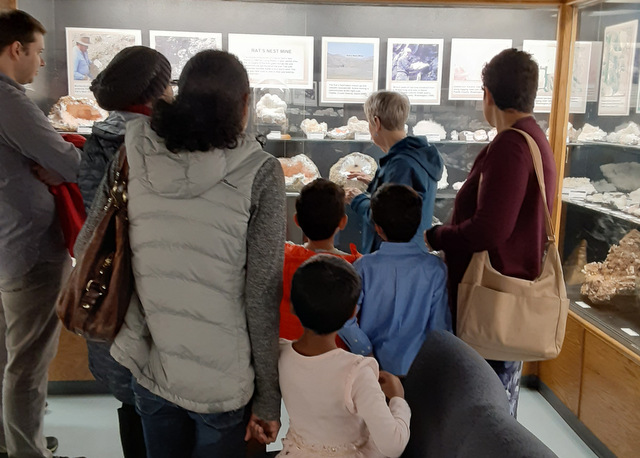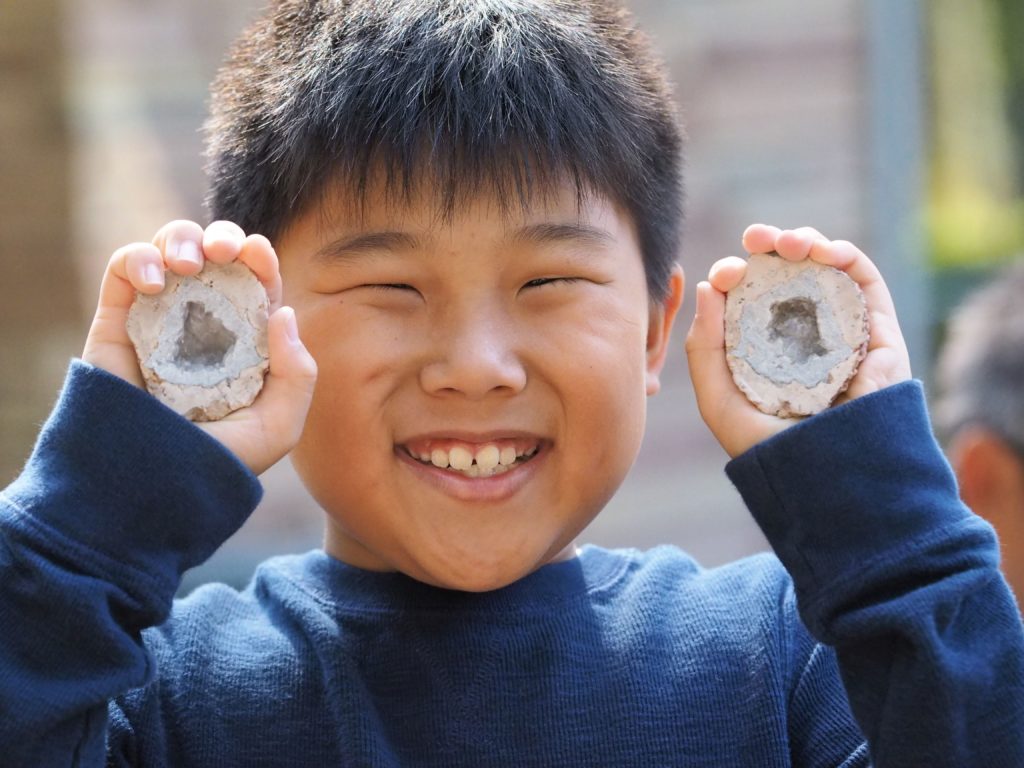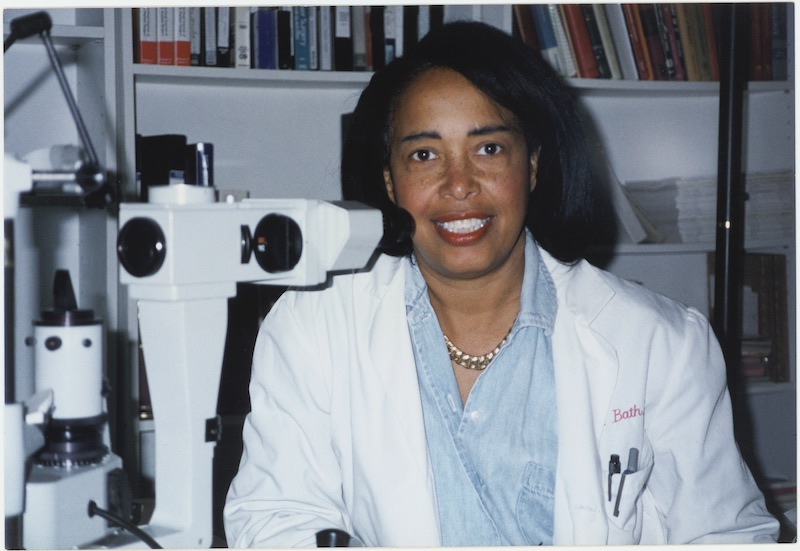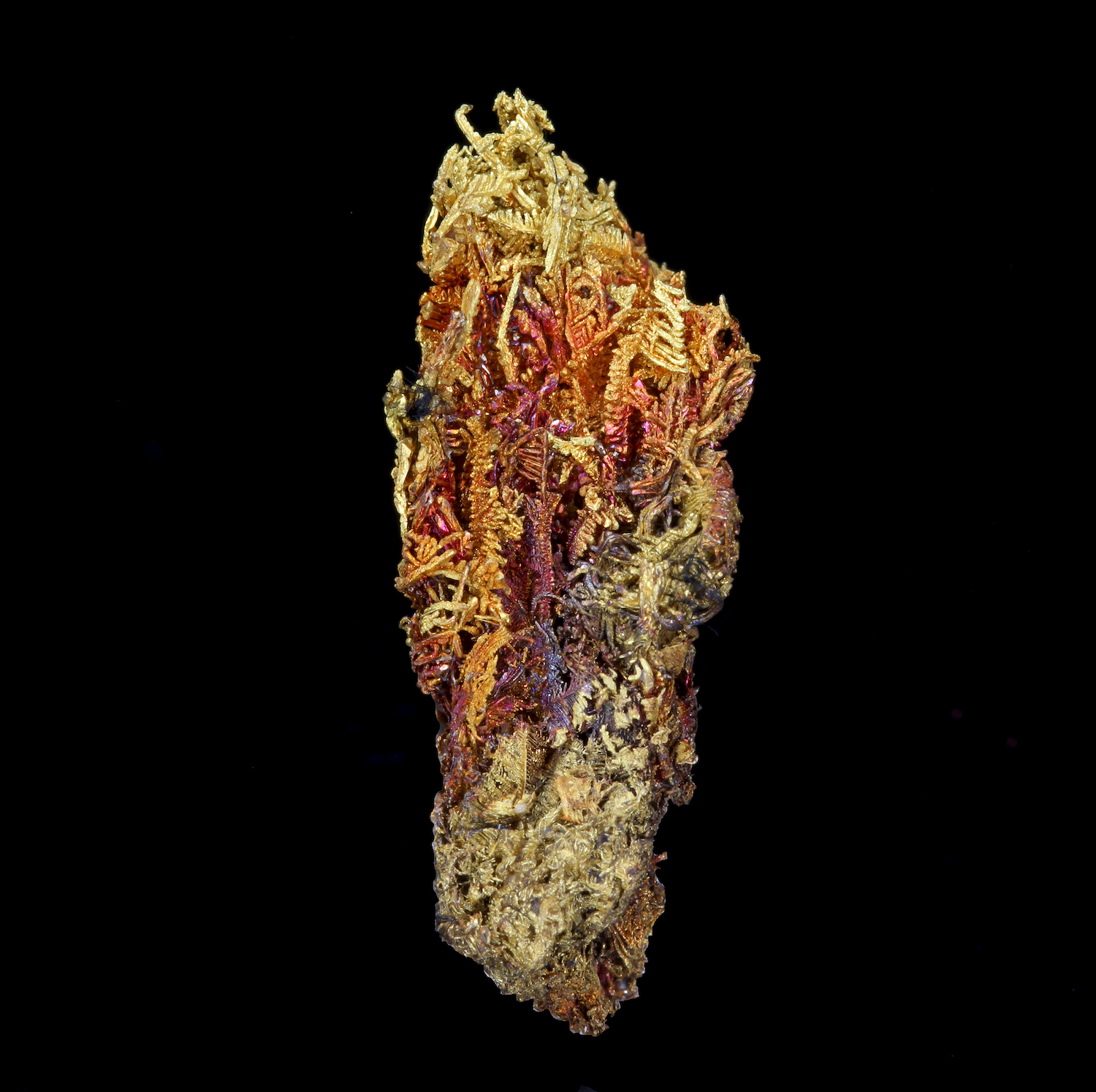You Can Help Sustain a Special Place
As we reflect on this season, we are reminded of the importance of coming together and how enjoying museums supports our mental and physical wellness. 2021 was a momentous year for the Rice Museum, both as a unique experience and a banner year for change. The damage and closure from January’s flood allowed us time […]
You Can Help Sustain a Special Place Read More »

